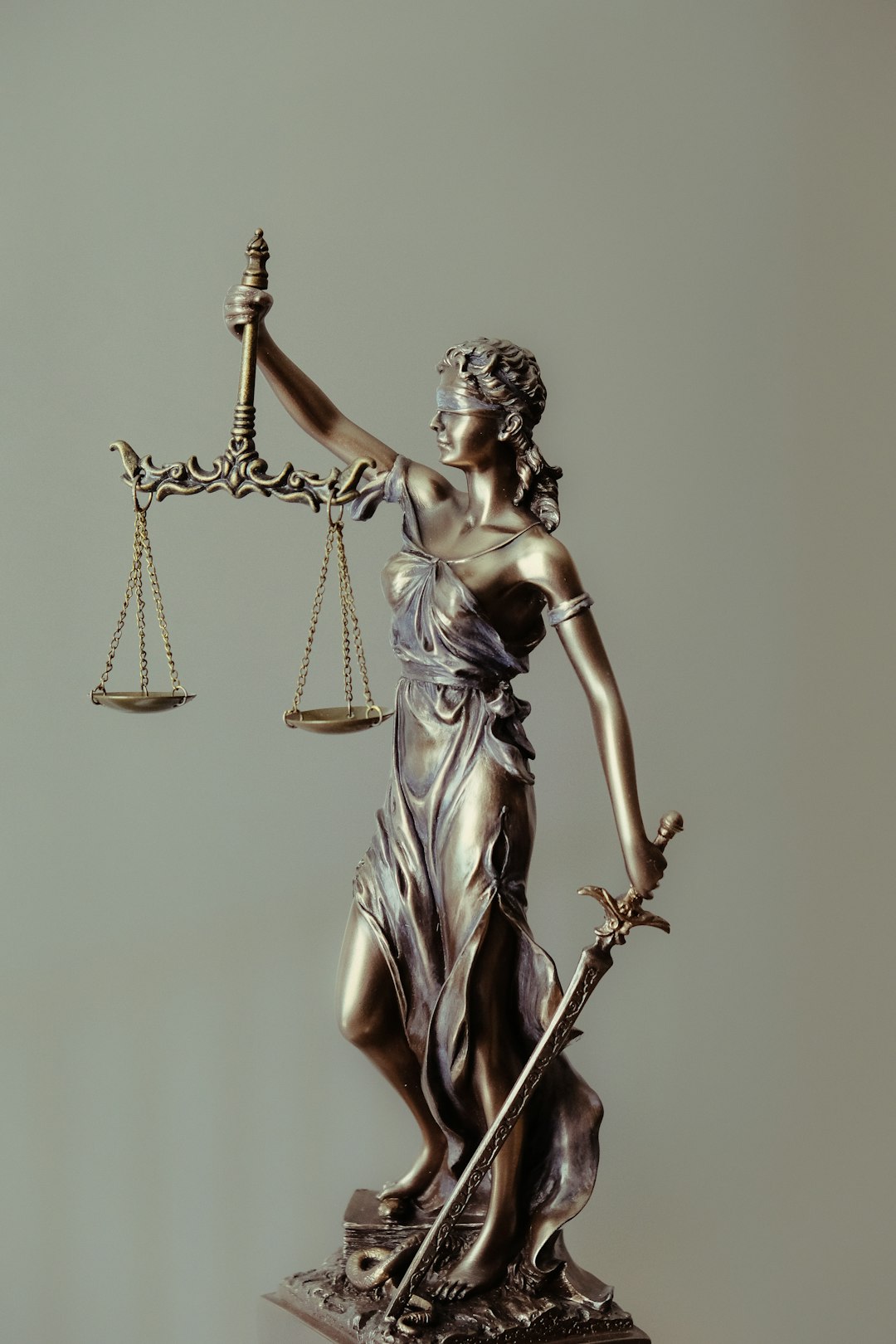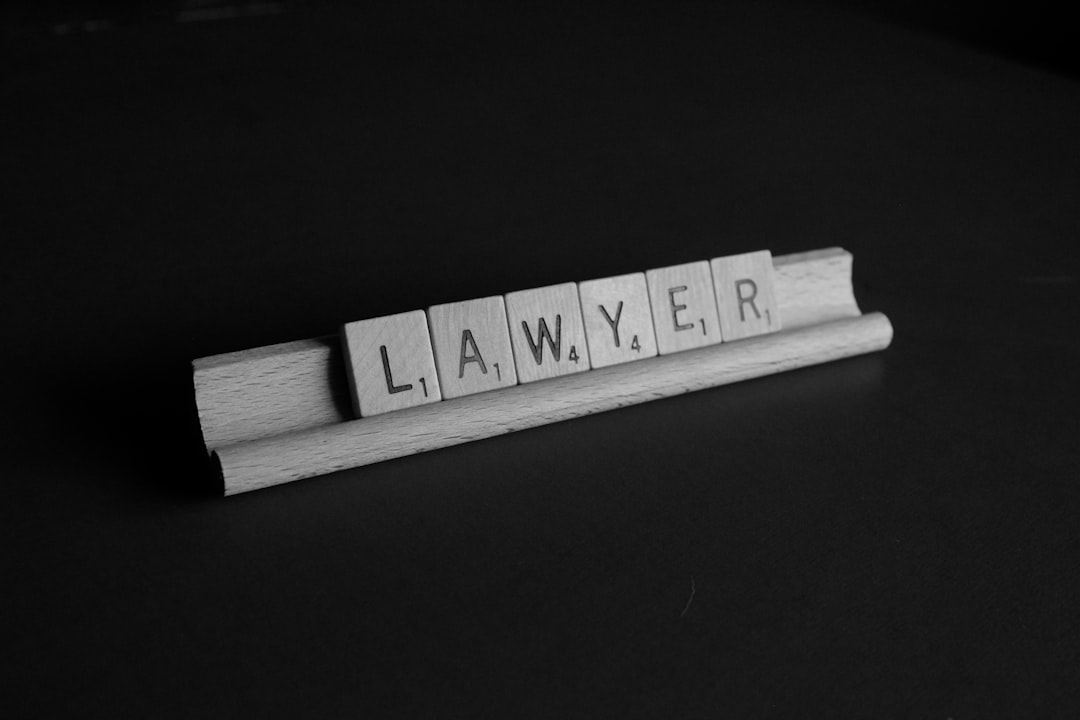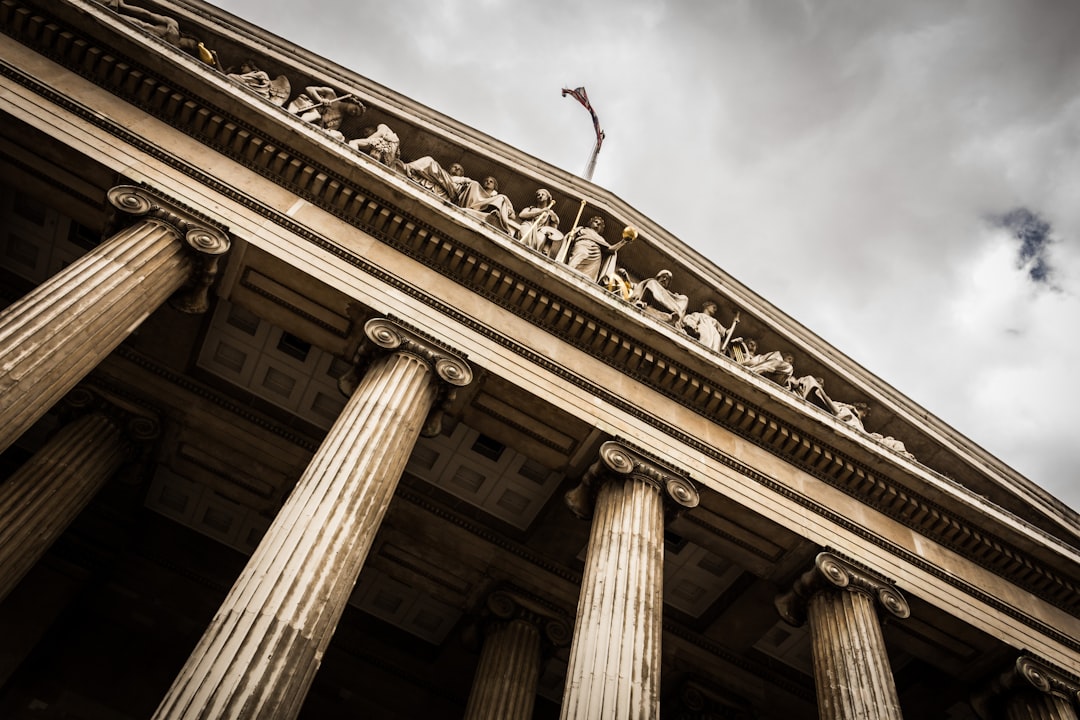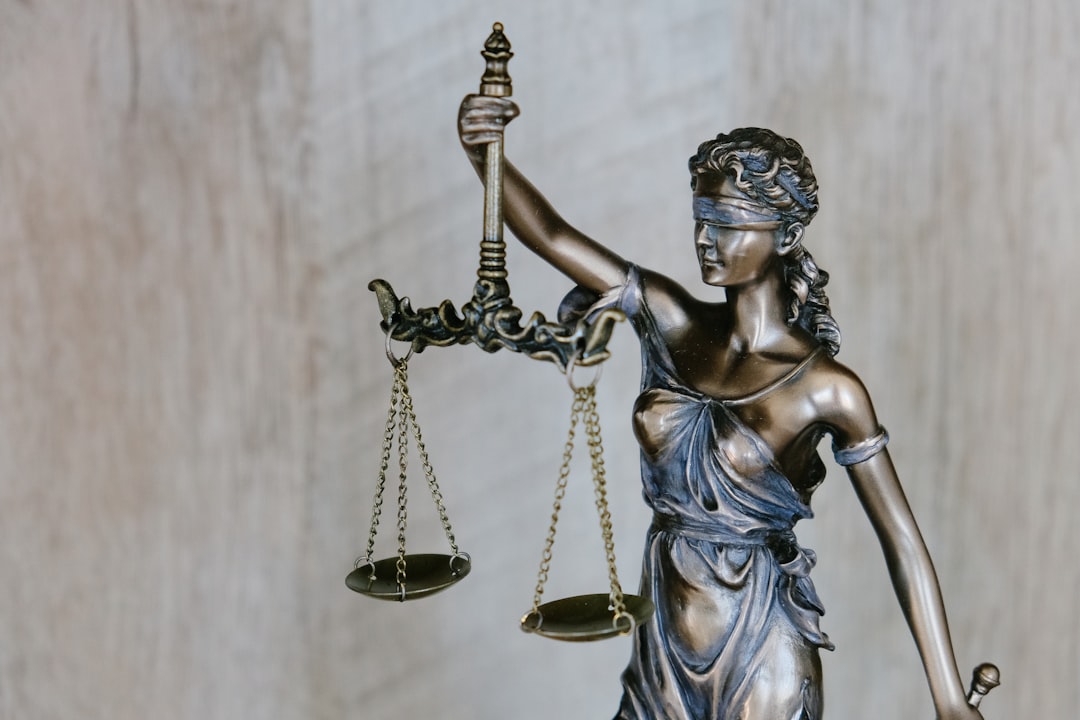Sexual abuse trials are heavily influenced by jury perceptions shaped by personal biases, media, and societal attitudes. Sexual abuse attorneys in Indianapolis, IN must navigate this complex environment to ensure fair trials. They challenge pre-existing beliefs and stereotypes about survivors to guide jurors towards impartial verdicts based on evidence alone, combating unconscious biases related to gender and race that can misrepresent victim credibility.
In Indianapolis, IN, the outcomes of sexual abuse cases are deeply intertwined with jury perceptions. Pre-existing beliefs and biases can significantly influence decisions, with gender, race, and social stereotypes playing a role in evaluations. This article explores how these perceptions impact trials, delves into strategic approaches for sexual abuse attorneys to combat bias, and presents case studies highlighting the consequences of perception-driven injustices, underscoring the need for systemic changes to support victims. For Indianapolis sexual abuse attorneys, understanding and navigating these dynamics are crucial to achieving just outcomes.
The Role of Jury Perception in Sexual Abuse Trials

In sexual abuse trials, jury perceptions play a pivotal role in shaping the outcome of the case. The way jurors interpret and understand the evidence presented can greatly influence their decision-making process. As such, sexual abuse attorneys in Indianapolis, IN must be adept at navigating this complex landscape, ensuring that their clients receive fair and just trials.
Perceptions are formed through a combination of factors, including personal biases, media influence, and societal attitudes towards sexual abuse. Jurors may bring pre-existing ideas about these cases, which can either strengthen or weaken the plaintiff’s claim. For instance, a juror’s belief in the prevalence or rarity of sexual abuse allegations can significantly impact their receptiveness to the evidence presented. Therefore, effective advocacy by sexual abuse attorneys is crucial in challenging or reinforcing these perceptions, ultimately guiding the jury towards an informed and impartial verdict.
– Exploring how jurors' pre-existing beliefs and biases can influence their decisions

Jurors’ pre-existing beliefs and biases significantly influence their decisions in sexual abuse cases, which is a critical aspect often considered by sexual abuse attorneys in Indianapolis, IN. These perceptions can stem from various sources, including personal experiences, cultural norms, media exposure, and societal attitudes towards victims of sexual assault. For instance, a juror who has previously been a victim themselves might approach the case with a different emotional investment compared to one who lacks such firsthand knowledge.
Moreover, stereotypes and misconceptions about sexual abuse survivors—such as beliefs that victims must exhibit physical injuries or specific behaviors immediately after the incident—can inadvertently shape jurors’ interpretations of evidence. Sexual abuse attorneys in Indianapolis, IN, often face the challenge of dispelling these myths during trials to ensure that justice is served based on the facts presented rather than preconceived notions.
– Discussing the impact of gender, race, and social stereotypes on jury evaluations

In evaluating sexual abuse cases, juries often bring with them a range of pre-existing biases and stereotypes that can significantly influence their decisions. Gender stereotypes, for instance, can cloud judgments about victim credibility, where assumptions about femininity or masculinity may affect how truthful a plaintiff’s testimony is perceived to be. Race and ethnicity also play a role, with studies indicating that certain racial groups face systemic barriers in legal proceedings, impacting how juries interpret evidence and witness testimonies. These biases are particularly concerning in sexual abuse cases, where the victim’s identity and background can easily become irrelevant factors in determining guilt or innocence.
For instance, research suggests that jurors may hold misconceptions about who is likely to be a sexual abuse victim based on gender and racial stereotypes. This can result in unfair treatment for victims who do not conform to these narrow narratives. Indianapolis IN sexual abuse attorneys often navigate this complex landscape by advocating for their clients through strategic legal arguments and careful presentation of evidence, aiming to counteract these biases and ensure that justice is served regardless of the jury’s preconceived notions.






